
Electric Bike Dealers Speak Out: How Tariffs Are Hurting Small Business
Tariffs were meant to protect local industry. But for many electric bike dealers, they’re doing just the opposite. Across the U.S., small electric bike businesses are feeling the pressure. They’re facing rising costs, shrinking profit margins, and challenges that make it harder to stay afloat.
This article breaks down how tariffs are affecting electric bike dealers—and what businesses can do to fight back. Whether you're a dealer or just curious about the story behind your next eBike purchase, here's what you need to know.
What Are Tariffs, and Why Do They Matter?
Tariffs are taxes placed on goods imported from other countries. Governments use them to encourage people to buy local products. But for small businesses, especially in industries like electric bikes that rely heavily on parts from abroad, tariffs can be a serious problem.
Most electric bike parts—batteries, motors, and frames—come from countries like China, Taiwan, and Vietnam. When tariffs are added to these imports, the costs go up. And that affects every link in the chain—from suppliers to dealers to riders.
7 Ways Tariffs May Impact Small Businesses
1. Increased Cost of Goods
The most direct hit is the cost. A 25% tariff on imported motors or batteries makes every eBike more expensive to build. For a dealer who used to pay $600 to import an eBike, the price can jump to $750 or more overnight. Multiply that by hundreds of bikes, and the numbers add up fast.
| Component | Pre-Tariff Cost | Tariff % | Post-Tariff Cost |
| Electric Motor | $200 | 25% | $250 |
| Battery Pack | $300 | 25% | $375 |
| Frame | $100 | 10% | $110 |
Even a $50 increase per bike can seriously affect a small dealer’s cash flow.
2. Price Increases for Customers
Dealers are stuck in a tough spot. If they raise prices, they risk losing customers. If they don’t, their profit margins shrink—or disappear.
3. Supply Chain Disruptions
Tariffs also shake up supply chains. Some suppliers try to shift manufacturing to avoid the taxes. Others face delays or stop shipping altogether. That means longer wait times and unpredictable deliveries for small businesses.
One electric bike shop in Oregon reported waiting 90 days for parts that used to arrive in 30. “We’ve had to turn away customers just because we couldn’t get batteries,” the owner said.
4. Trade Issues for Exporting Businesses
Dealers trying to grow overseas suddenly find their products are too expensive for international buyers. For growing brands, this can stop expansion in its tracks.
5. Lower Inventory Flexibility
With costs so high, dealers can’t afford to keep large inventories anymore. They order fewer bikes, fewer parts, and take fewer risks. That means fewer options for customers and slower service if something breaks.
It also forces smaller shops to compete with big-box retailers who can afford to buy in bulk and offer lower prices.
6. Difficulty Adapting to Trends
Electric bike technology moves fast—new designs, better batteries, smarter displays. But when tariffs push up prices, dealers can’t always afford to try new products. That slows innovation and limits what riders can get.
A dealer in New Jersey shared: “We used to bring in new models every spring. Now we wait a whole year or more. It’s just too risky.”
7. Strained Relationships with Suppliers
When prices spike and delays hit, trust can take a hit too. Dealers who once had great supplier relationships are now facing tension over prices and schedules. That makes it harder to plan for the future or grow together as partners.
Some shops have even had to switch suppliers mid-season—an expensive and time-consuming process that disrupts operations.
What Real Dealers Are Saying
Here are a few real voices from electric bike dealers across the country:
“Tariffs have wiped out our profit margins. We’re barely hanging on.” — Owner, California eBike Shop
“We’ve had to raise prices by over 20%. Customers don’t understand why.” — Florida eBike Retailer
“It’s not just the money. It’s the time, the stress, the unpredictability.” — Midwest eBike Co-op Manager
These aren’t big corporations—they’re family businesses, small teams, and local entrepreneurs trying to make sustainable transport more accessible.

Tips to Mitigate the Impact of Tariffs on Electric Bike Dealers
While the situation is tough, there are smart ways to respond. Here are some tips that can help electric bike dealers stay resilient.
Diversify Suppliers
Instead of relying on one country or one supplier, look for alternatives in different regions. Some dealers are now sourcing parts from Mexico, India, or the EU where tariff rates are lower.
Even if it takes time, building a more flexible supply chain can reduce long-term risk.
Invest in U.S. Assembly or Local Sourcing
Some dealers are importing parts but assembling bikes in the U.S. This strategy can reduce overall costs and qualify them for tariff exemptions in certain cases.
Working with local part-makers—even for smaller components—can also help build resilience and brand trust.
Streamline Inventory and Focus on Bestsellers
Rather than offering 20 different models, many dealers are focusing on 5 to 7 top-performing bikes. That means less inventory cost, easier training for staff, and better sales data.
This lean approach makes it easier to survive sudden cost shifts.
Educate Customers on Price Changes
Transparency helps. If customers know why prices are rising, they’re more likely to trust you and return. Use in-store signage, websites, and newsletters to explain how tariffs affect pricing.
Some dealers are even including tariff information on receipts or online product pages.
Leverage Dealer Networks for Shared Purchasing
Joining dealer co-ops or industry alliances can allow bulk purchasing at lower rates. Pooling orders with other shops also helps secure faster deliveries and better terms from suppliers.
Think of it as strength in numbers.
Adapt Marketing to Emphasize Long-Term Value
Even if prices go up, focus on the lifetime value of electric bikes—how they save money on gas, commuting, and car maintenance. For many customers, that long-term math makes higher upfront costs more acceptable.
Highlight warranty coverage, battery longevity, and customer service to increase buyer confidence.
Stay Involved in Policy Advocacy
Small business owners can have a big voice. Many dealer groups are now contacting lawmakers, writing letters, or joining industry associations to push back against harmful tariffs.
The more dealers speak out, the more likely change will happen.
Looking Ahead
Tariffs aren’t going away overnight. But smart dealers are finding ways to adapt—and even grow—despite the challenge.
Dealers who stay informed, work together, and plan ahead can still thrive.
Final Thoughts
Electric bikes are more than a trend. They’re a solution—to traffic, pollution, and the rising cost of living. But the businesses behind these bikes need support.
If we want a future with clean, fun, affordable transportation, we need to stand with small eBike dealers. That means smarter trade policies, stronger local networks, and a more flexible approach to doing business.



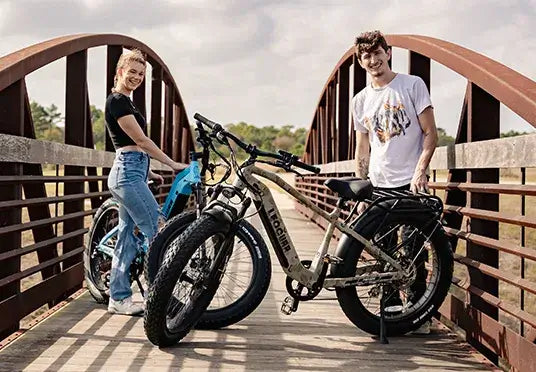
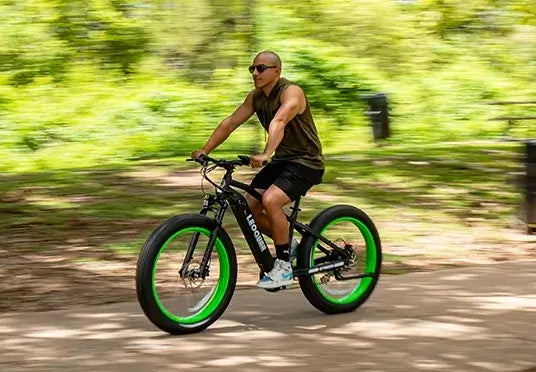
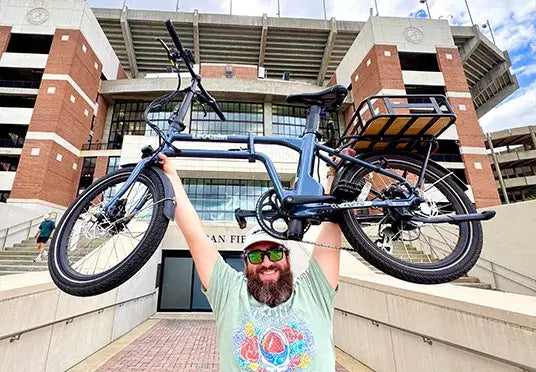
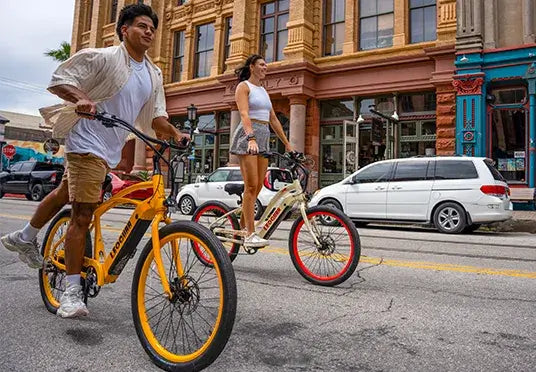
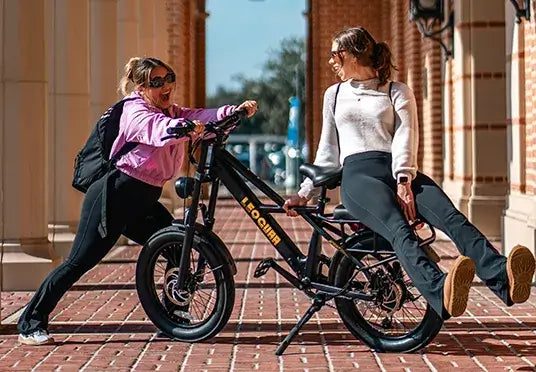
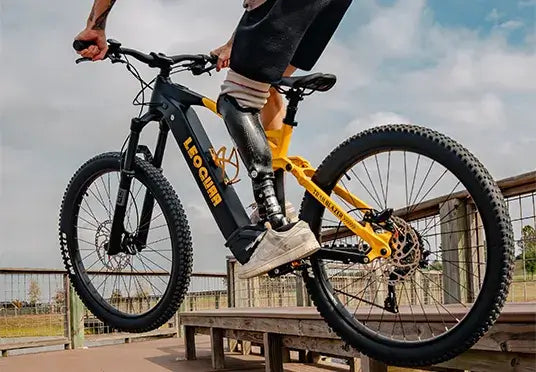
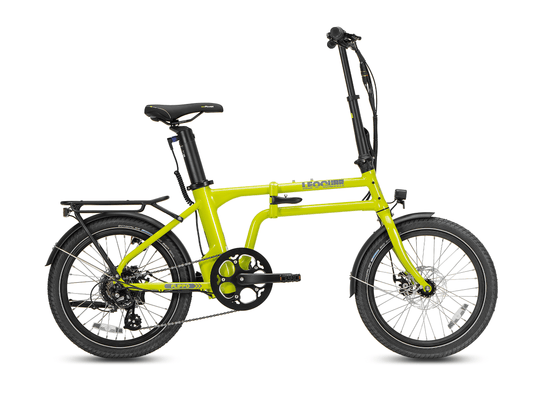
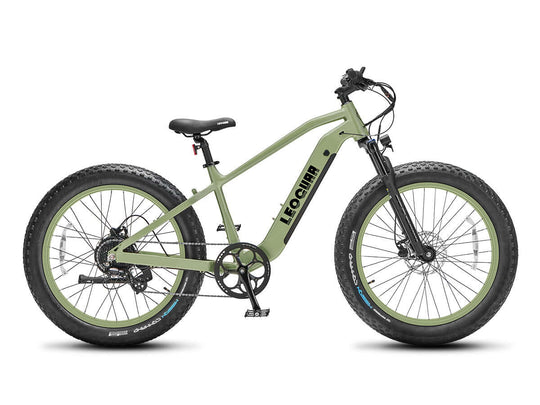
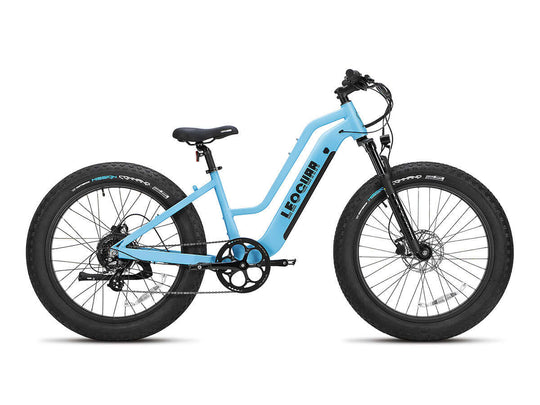
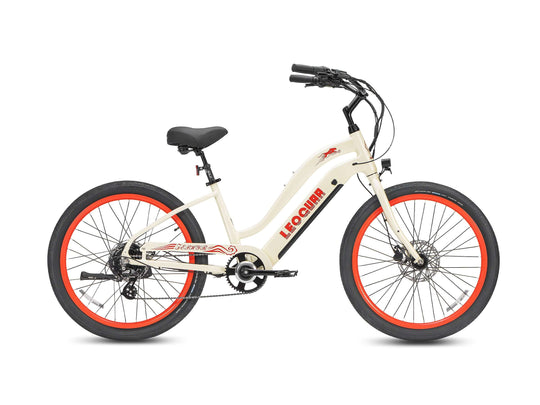
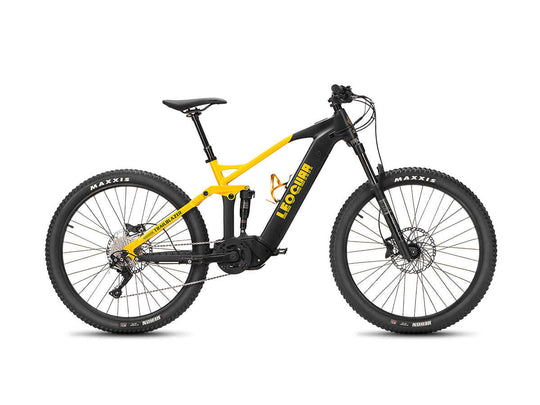
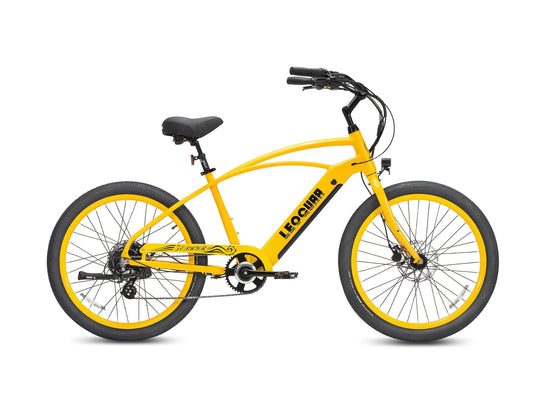
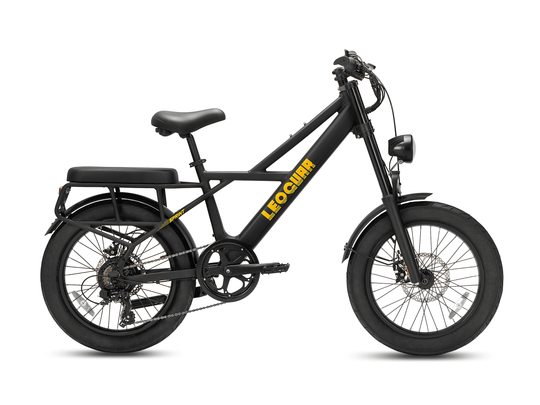
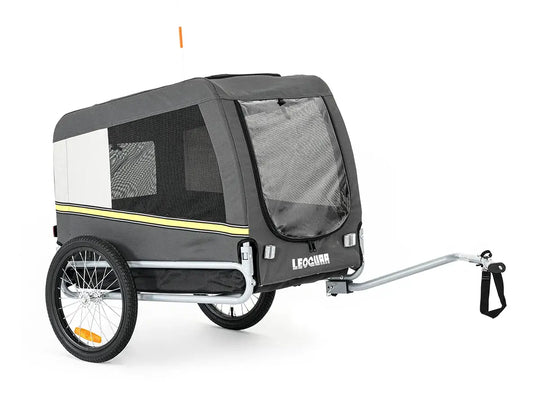
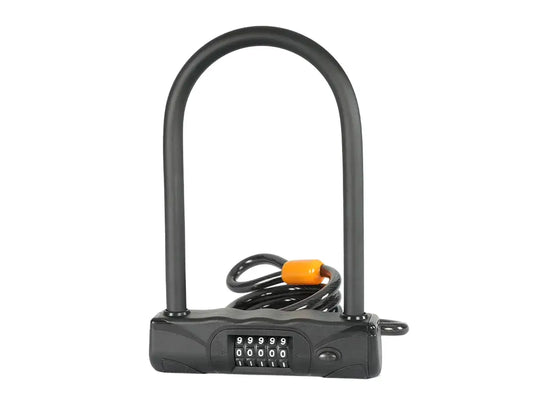
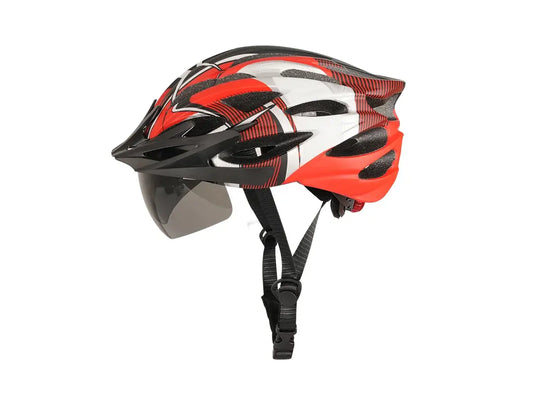
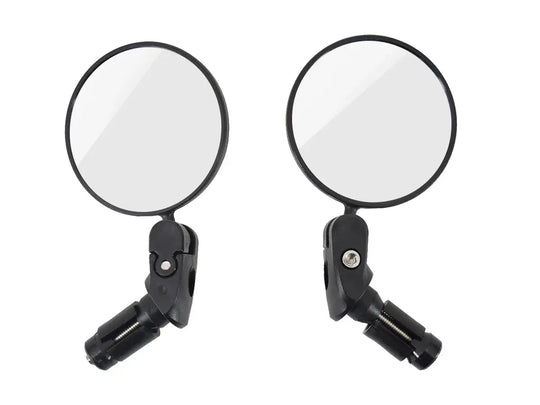
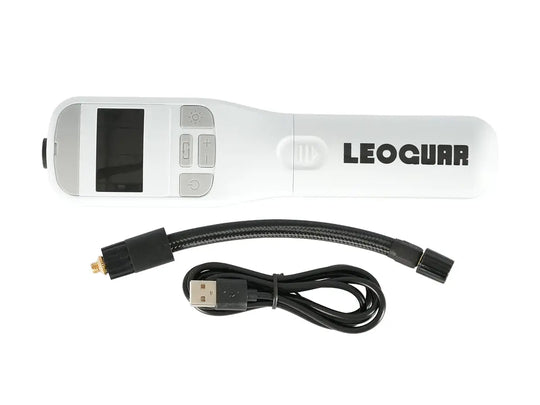
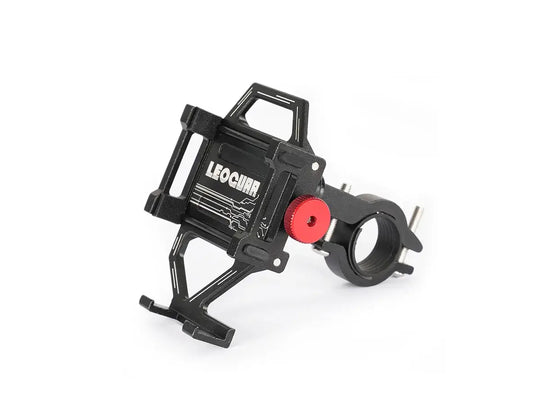
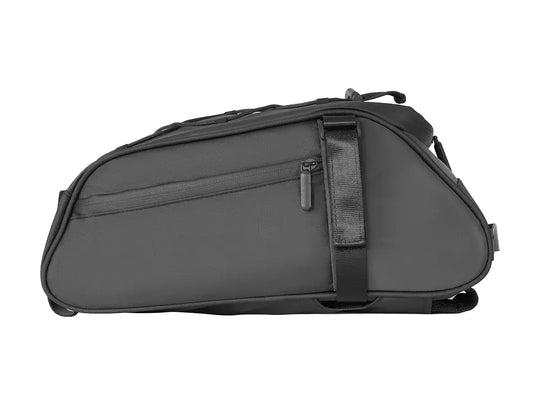
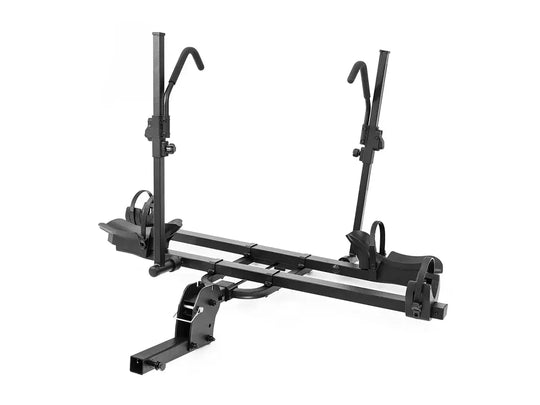
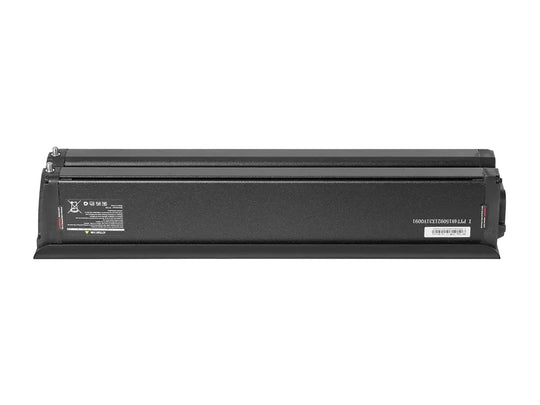
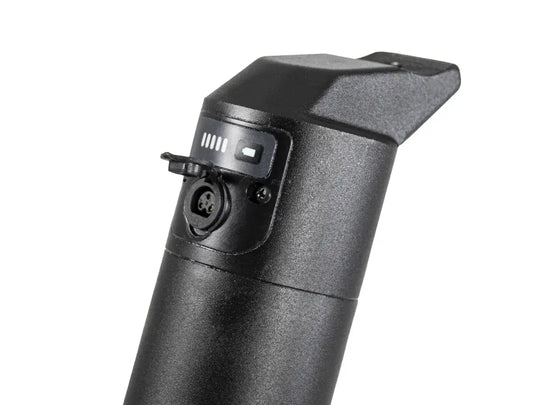
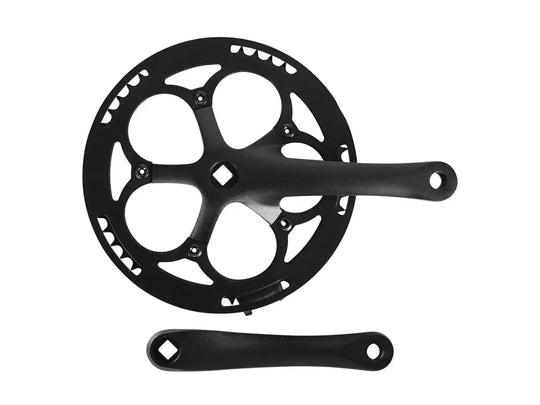
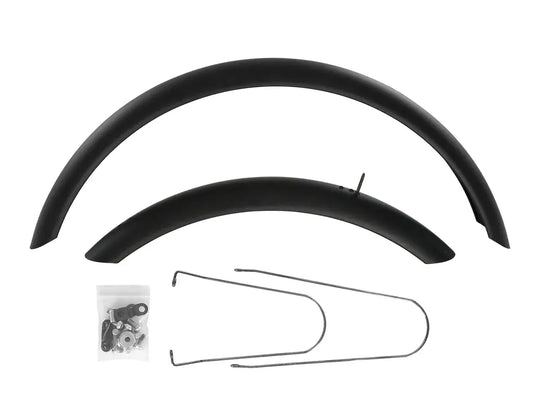
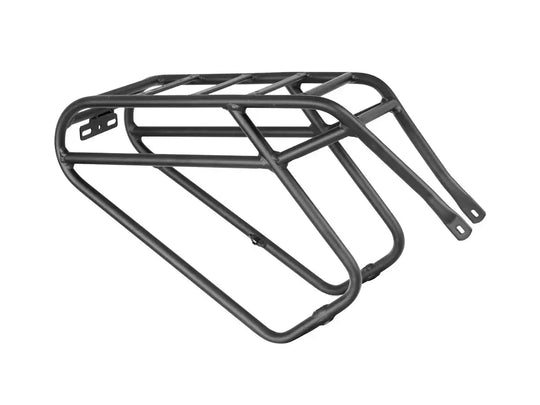
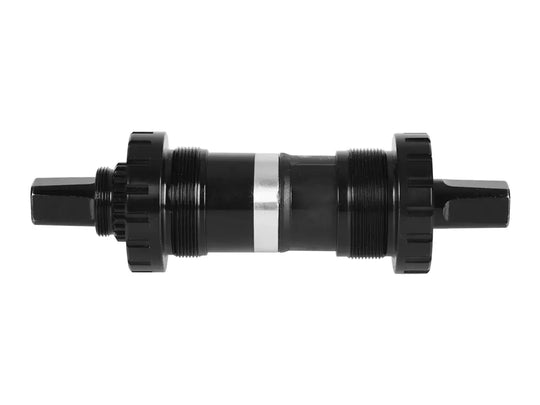
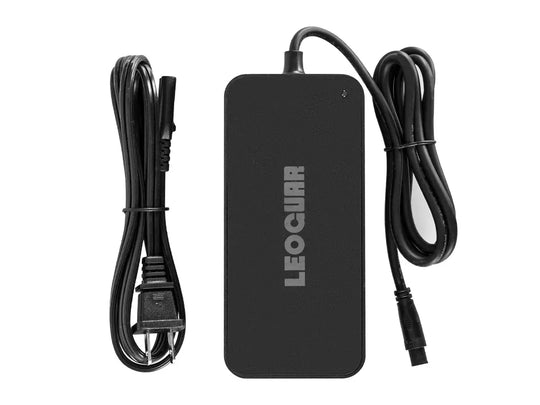
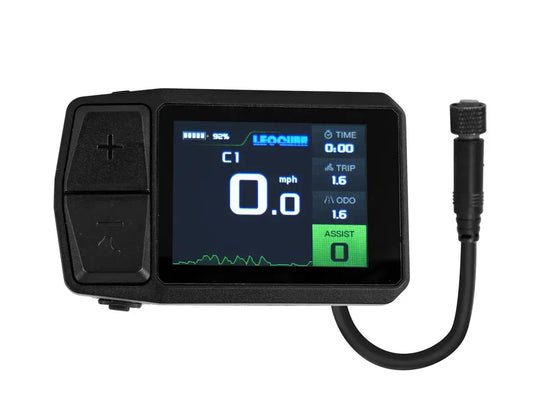
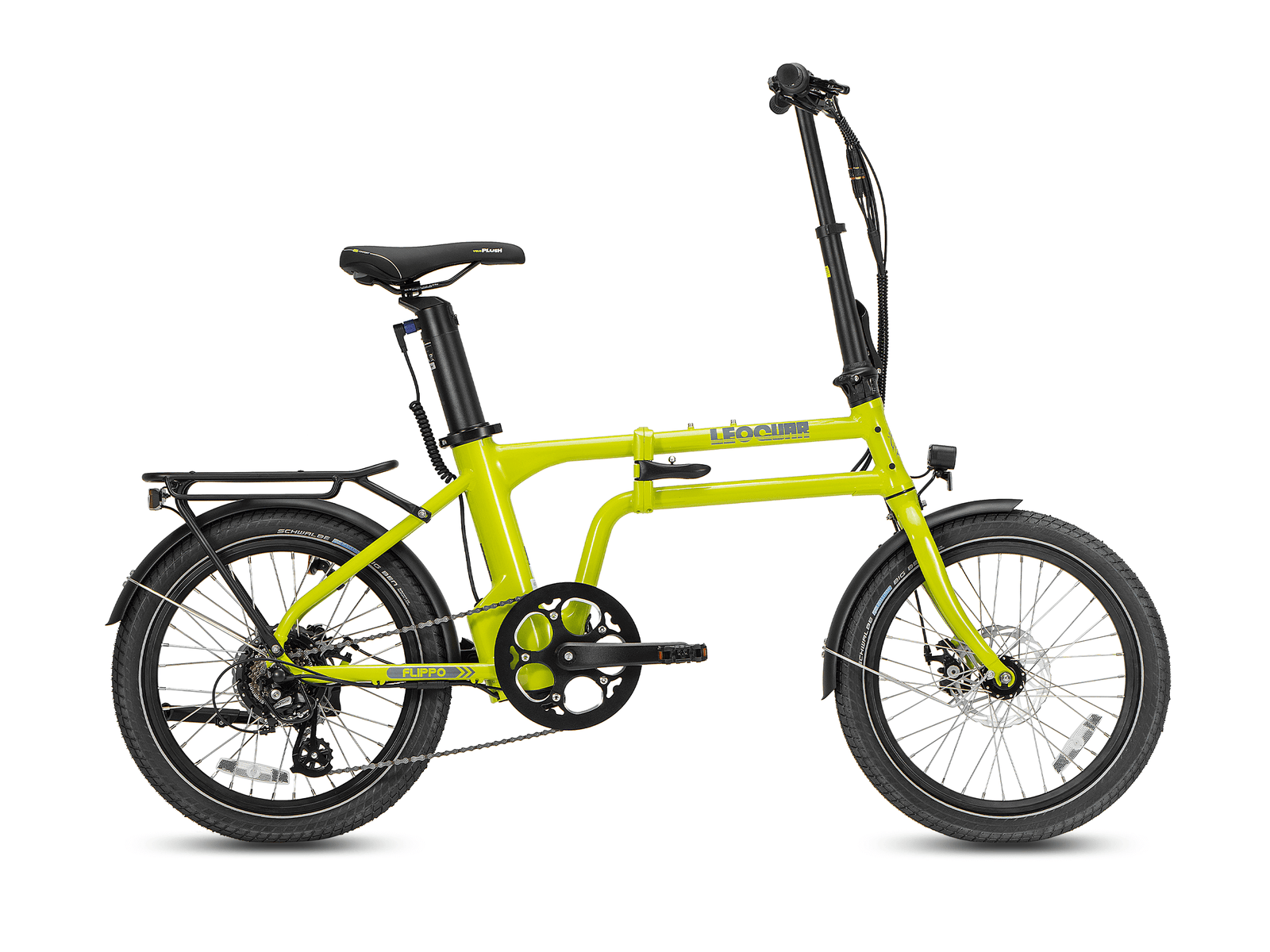







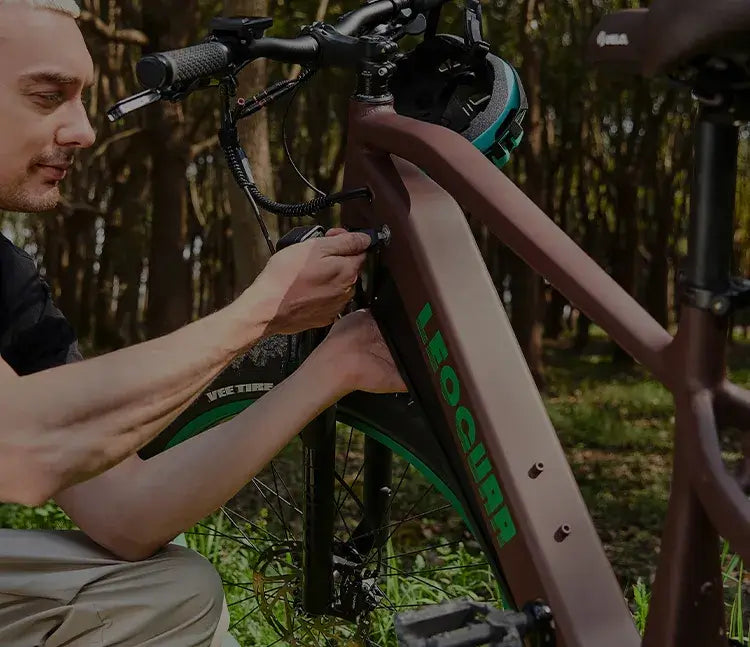
Leave a comment